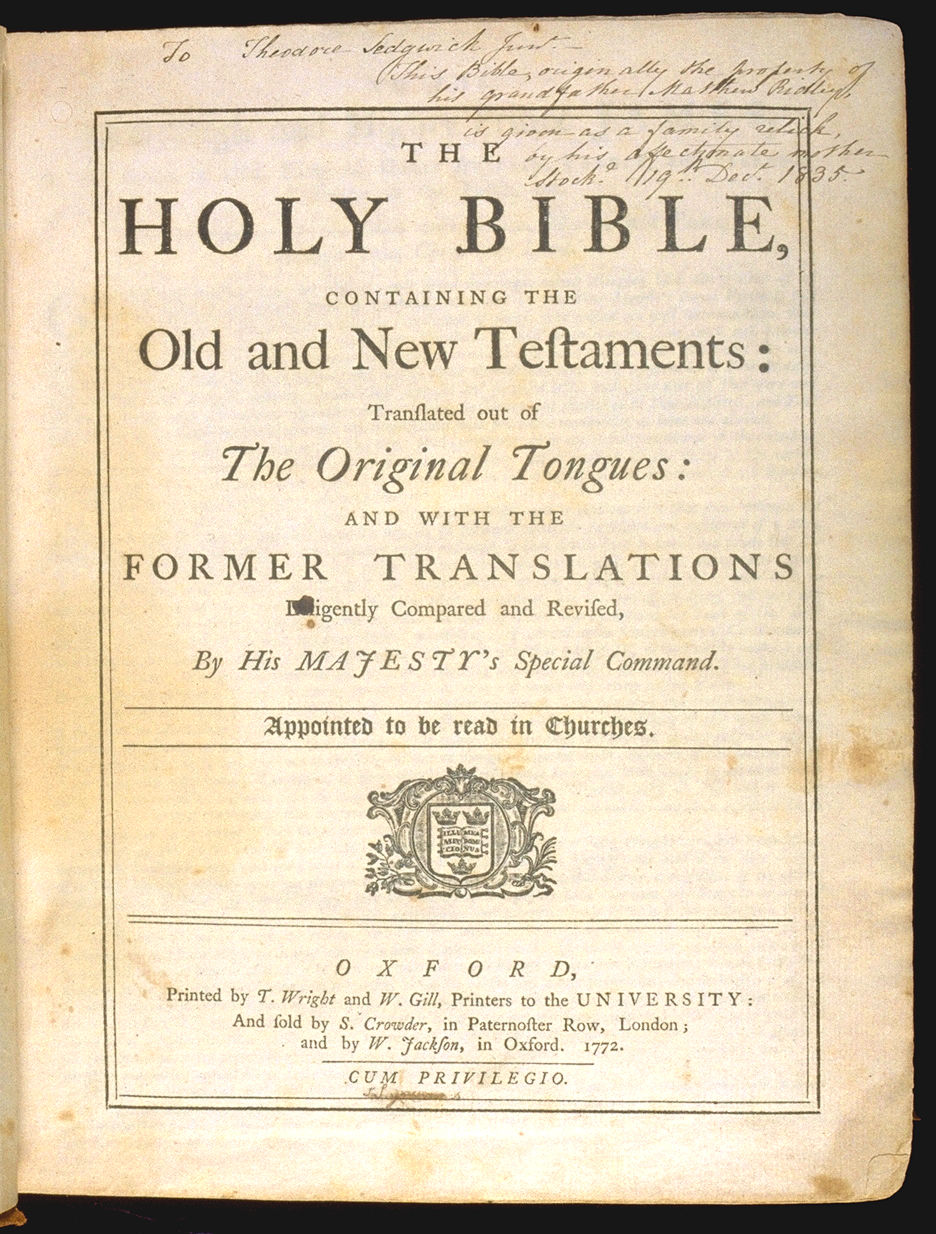
When we tithe, we recognize that every monetary blessing comes from God, and we are simply returning to Him what is rightfully His. Next, God deserves our finest or our ‘firstfruits.’ The word ‘increase’ in this verse can also be translated ‘income’ (Strong). Another truth is that we can and should honor the LORD with our ‘substance’ or ‘part from our wealth or riches’ (Strong). It is really “squanderous” (mine) to not give unto the Lord. On the other hand, what a blessing it is to give unto the Lord. What rejoicing we ought to have, to be able to live with 90% of our income – along with the covenantal promises of God – and give it joyfully to the One who supplies all our needs. I am not a ‘prosperity gospel’ advocate, neither am I a proponent of ‘give to get’ mentality, rather as one man puts it: we give in order to give again. The truth of the matter is that our giving ought to be more than just tithing. As God enables and blesses us with His grace, we should grow in the area of giving as well.
Proverbs has so much to say about treasures, riches, etc. I will simply list some of my favorites – thankfully one does not have to do any deep exegesis to get the point.
Pro 8:18 Riches and honor are with me; yea, durable riches and righteousness.
Pro 8:19 My fruit is better than gold, yea, than fine gold; and my revenue than choice silver.
Pro 8:20 I lead in the way of righteousness, in the midst of the paths of judgment:
Pro 8:21 That I may cause those that love me to inherit substance; and I will fill their treasures.






